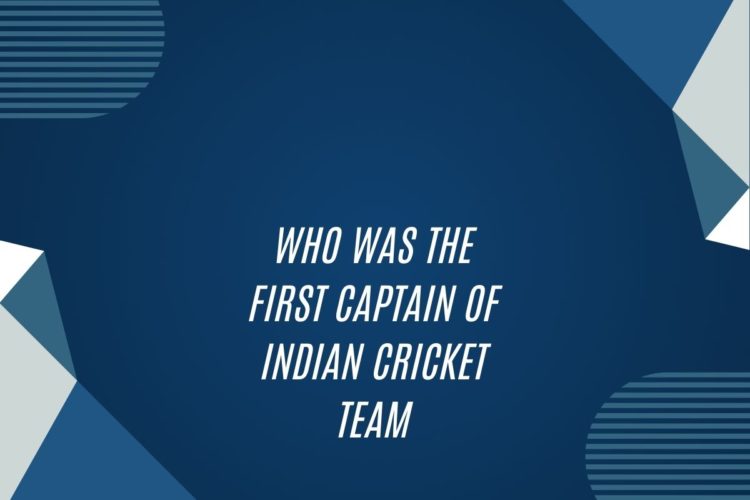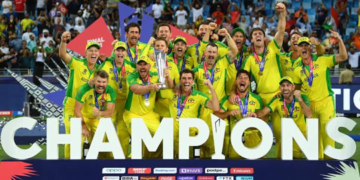The Inaugural Captain of Indian Cricket Team
When Indian cricket gained its independence in 1932, it was Maharaja Kumar of Vizianagram who was entrusted with the responsibility of leading the national team as its first captain. With his aristocratic background and deep love for the game, he became a symbol of pride and honor for a newly emerging cricketing nation. Known for his impeccable leadership skills and cricketing acumen, the Maharaja set the standard high for future captains to follow.
In an era where India was still finding its footing in the world of cricket, the Maharaja’s strategic thinking and tactical brilliance often proved crucial in guiding the team through challenging situations. His ability to inspire and motivate his teammates to give their best on the field was a testament to his strong leadership qualities. Despite the pressures and uncertainties that came with being the inaugural captain of the Indian cricket team, the Maharaja’s passion and dedication towards the sport never wavered, leaving an indelible mark on the annals of Indian cricket history.
The Leadership Qualities of the First Captain
Taking on the role of the first captain for the Indian cricket team required a unique set of leadership qualities. One of the most notable traits displayed by the inaugural captain was his unwavering determination. His ability to remain focused and dedicated in the face of challenges inspired his team to follow suit and persevere through tough times.
In addition to his determination, the first captain also exhibited exceptional communication skills. By effectively conveying his strategies and vision to his team members, he was able to foster a sense of unity and collaboration among the players. This open line of communication not only improved performance on the field but also strengthened the bond within the team, creating a supportive environment for all members to thrive.
The Challenges Faced by the First Captain
Leading the inaugural Indian cricket team came with its fair share of obstacles for the first captain. Being responsible for shaping the team from scratch meant starting from ground zero. The lack of infrastructure, resources, and experience posed significant challenges in building a competitive team that could hold its own against established cricketing nations.
Moreover, navigating through the initial stages of Indian cricket’s journey on the global stage was no easy feat. The first captain had to overcome skepticism and doubt surrounding the capabilities of the team. Being under constant scrutiny from both critics and supporters added pressure to the already monumental task of laying the foundation of Indian cricket’s legacy.
The Achievements of the First Captain
Under the adept leadership of the first captain of the Indian cricket team, the squad attained numerous milestones that paved the way for the team’s future success. His ability to unite the players and bring out the best in them resulted in a series of historic victories that boosted the morale of Indian cricket fans across the nation.
The first captain’s strategic prowess on the field was evident in India’s triumphs over formidable opponents, instilling a sense of belief and pride in the team. His notable achievements include leading the team to its first Test match victory against England in 1952 and guiding India to its maiden Test series win against Pakistan in 1952-1953. These triumphs marked the beginning of a new era for Indian cricket and solidified the first captain’s legacy as a trailblazer in the sport.
The Legacy of the First Captain in Indian Cricket
The legacy left behind by the first captain of the Indian cricket team continues to resonate throughout the rich history of the sport in the country. His pioneering leadership laid the foundation for future captains to follow, setting a standard of excellence and sportsmanship that has become synonymous with Indian cricket.
Under his captaincy, the team faced numerous challenges both on and off the field, yet his unwavering determination and strategic decision-making skills guided them to several remarkable victories. His ability to inspire his teammates and foster a sense of unity within the squad not only led to success on the cricket pitch but also helped instill a sense of pride and passion for the game among cricket enthusiasts across the nation.























